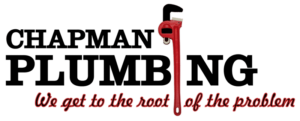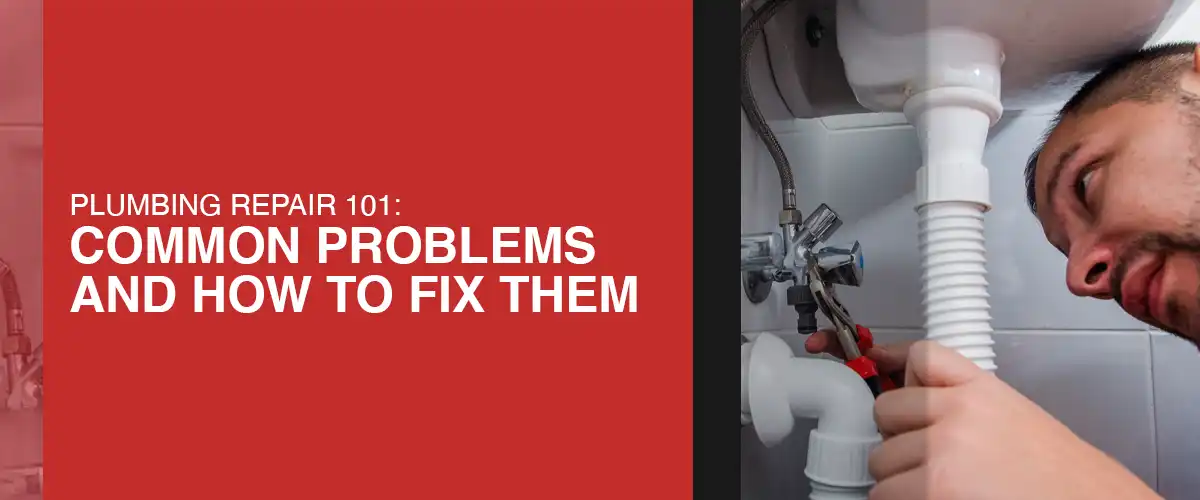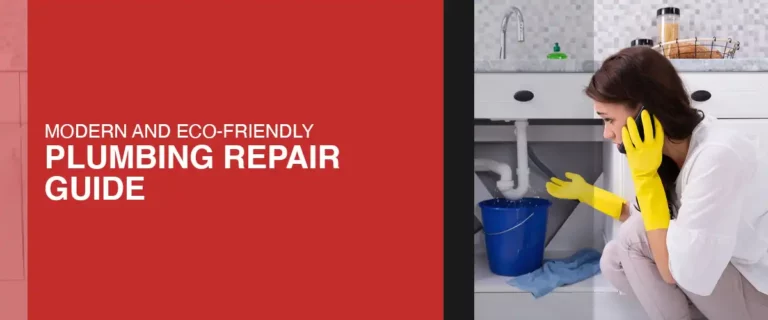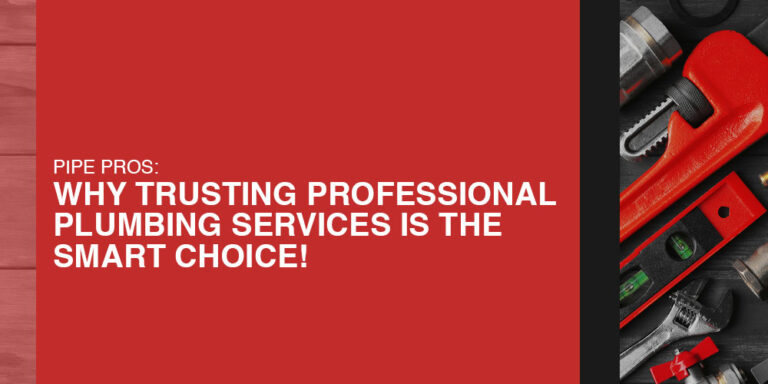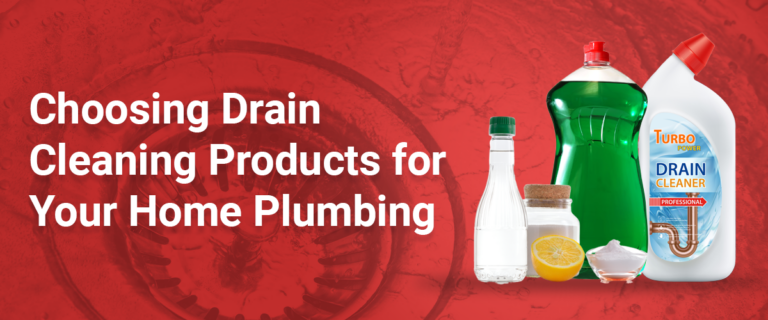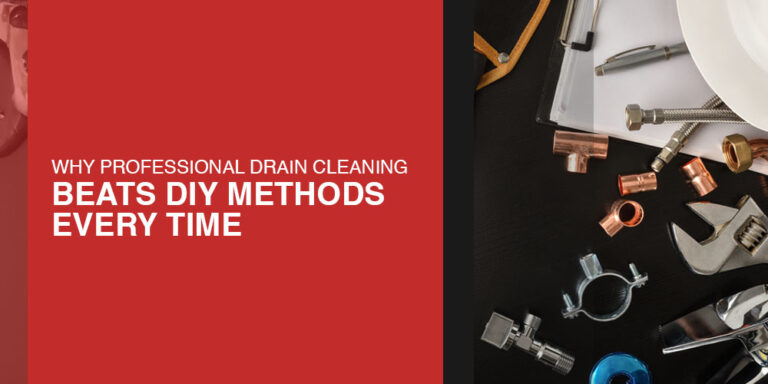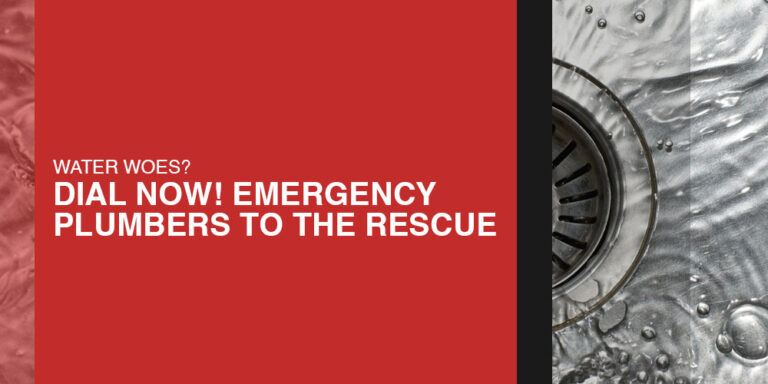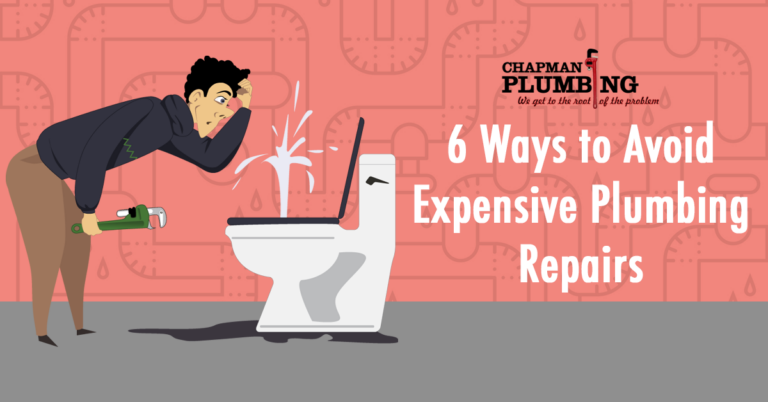Plumbing Repair 101: Common Problems and How to Fix Them
Are you prepared to tackle plumbing issues that may arise in your home? Imagine waking up to a burst pipe or a clogged drain, causing chaos and inconvenience. Plumbing problems can occur anytime, but you can be the home hero with the proper knowledge and tools. Meanwhile, this blog post will delve into plumbing repair, unveiling common problems homeowners face and equipping you with the essential know-how to fix them.
Get ready to dive into the depths of Plumbing Repair 101, where we’ll unravel the mysteries behind leaky pipes, stubborn clogs, and low water pressure. Say goodbye to the fear of plumbing mishaps, and empower yourself with the skills to conquer any challenge that comes your way. Are you ready to become a plumbing repair pro? Let’s dive in!
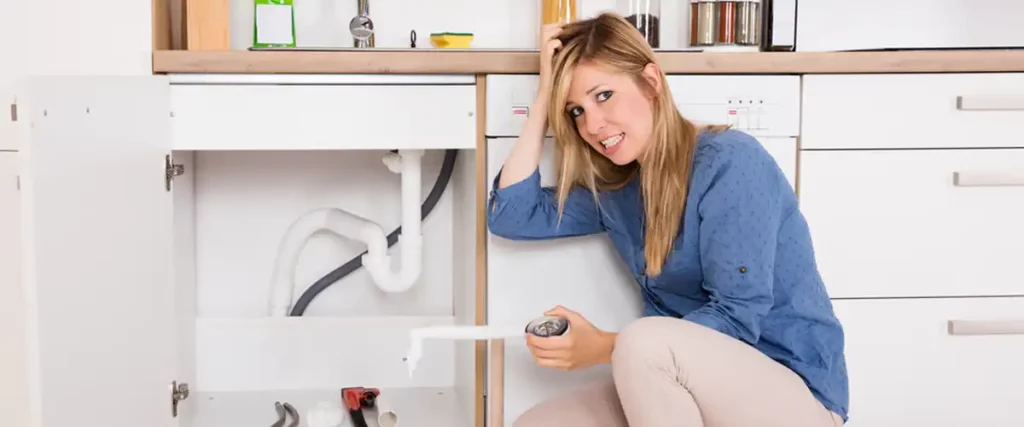
Common Plumbing Problems
A. Leaking Pipes
Leaking pipes are a common plumbing issue that, if left ignored, may cause water damage and costly repairs. Several factors can contribute to pipe leaks, including aging pipes, excessive water pressure, or damage from external sources. Here’s how to fix a leaky pipe:
1. Identify the leak.
Inspect your plumbing system for signs of leakage, such as damp spots, water stains, or pooling water.
2. Please turn off the water supply.
Before proceeding with repairs, locate the main water valve and shut it off to prevent further water damage.
3. Repair the leak.
Depending on the severity of the leak, you can use plumbing epoxy and pipe clamps or replace the damaged section of the pipe with a new one.
B. Clogged Drains
Clogged drains can disrupt the normal functioning of sinks, showers, or toilets, causing inconvenience and potential water backups. Understanding the causes and solutions for blocked drains can help you resolve the issue efficiently:
1. Identify the cause
Hair, soap residue, food particles, or foreign objects are common culprits for clogged drains. Determine the source of the blockage to choose the appropriate method for unclogging.
2. Use a plunger.
A plunger can be highly effective for minor clogs. Make a tight seal around the drain and use an up-and-down motion to release the obstruction.
3. Try a drain cleaner or homemade solution.
Chemical drain cleaners or natural alternatives like baking soda and vinegar can dissolve organic matter, causing the clog. Follow the instructions carefully and take necessary safety precautions.
C. Low Water Pressure
Low water pressure can hamper daily activities such as showering or washing dishes, leading to frustration. Here’s how you can address the issue of low water pressure:
1. Check for obstructions.
Inspect your faucets and showerheads for mineral buildup or sediment accumulation that might restrict water flow. Clean or replace these fixtures if necessary.
2. Examine the pressure regulator.
Locate the pressure regulator valve near the main water supply and set it to the appropriate pressure. Adjusting it can help restore optimal water pressure.
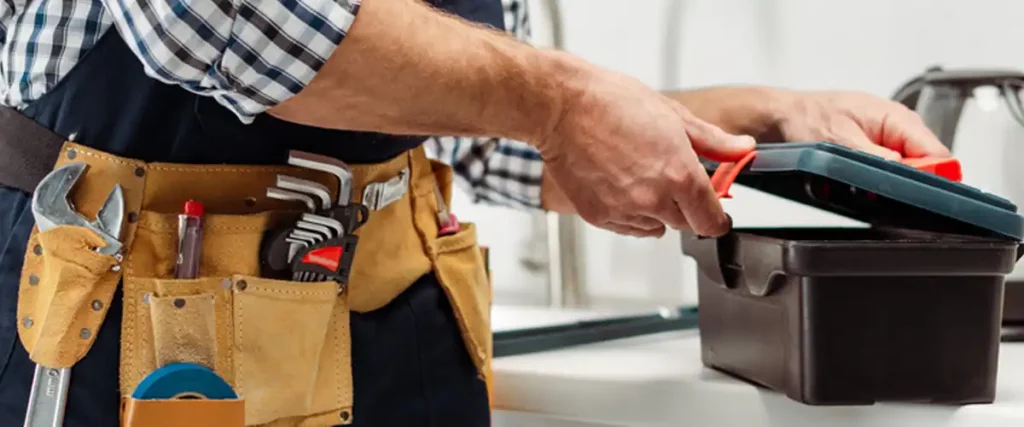
Tools Needed for Plumbing Repair
Plumbing repair requires specific tools to address various issues effectively. Here are some standard plumbing tools: A pipe wrench is ideal for gripping and turning pipes and fittings. People use an adjustable wrench to tighten or loosen various plumbing connections. Additionally, a plunger is essential for clearing clogged drains or toilets.
Moreover, plumbing tools come in different forms, tailored for specific tasks. For example, manufacturers design a basin wrench to access and tighten faucet connections in tight spaces. A drain snake also removes deep and stubborn clogs from drains. Furthermore, a pipe cutter enables the precise cutting of pipes during repairs or installations.
The right equipment is essential for effective and successful plumbing repairs. The right tools enable you to work precisely, minimizing the risk of damage or further complications. Investing in quality plumbing tools ensures you’re prepared to handle common problems effectively.
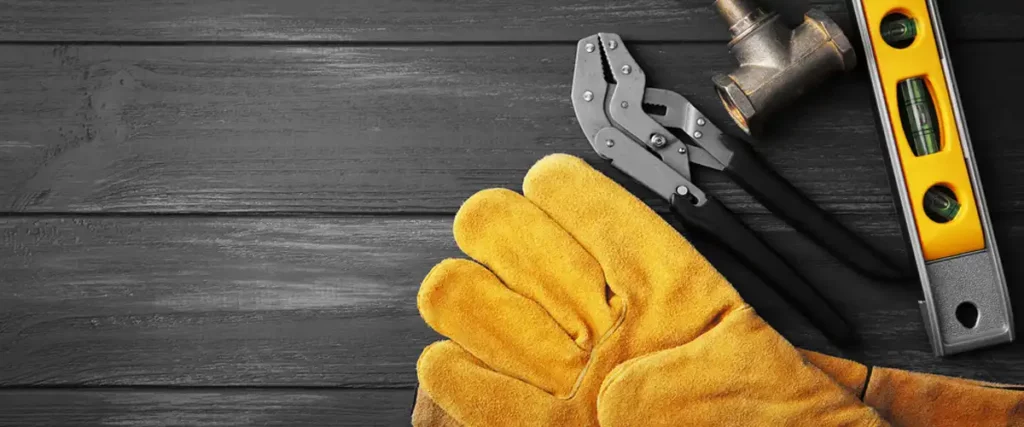
Plumbing Repair Tips
A. Safety precautions when doing plumbing repair
While performing plumbing repairs, it’s essential to prioritize safety to avoid accidents or injuries. Here are some safety precautions to follow:
1. Wear protective gear.
Use gloves, safety goggles, and appropriate clothing to protect yourself from chemicals, sharp objects, or hot water.
2. Turn off the water supply.
Before beginning any repair, always turn off the water supply to prevent accidental leaks or damage.
B. How to prevent future plumbing problems
Preventive measures can significantly reduce the occurrence of plumbing issues. Consider these tips to maintain a healthy plumbing system:
1. Regular maintenance
Schedule routine inspections and maintenance for your plumbing system, including checking for leaks, cleaning drains, and servicing water heaters.
2. Mindful usage
Avoid flushing non-biodegradable items down the toilet and use excessive toilet paper to prevent clogs. Also, be cautious about what you pour down the drain.
C. When to call a professional plumber
While homeowners can tackle some plumbing repairs, certain situations require professional expertise. Consider calling a plumber for professional plumbing repairs in the following scenarios:
1. Extensive leaks.
A professional plumber can provide efficient solutions if you’re dealing with significant leaks or multiple leaks throughout your plumbing system.
2. Complex installations
For complex structures, such as water heater replacements or bathroom remodels, it’s advisable to seek professional assistance.
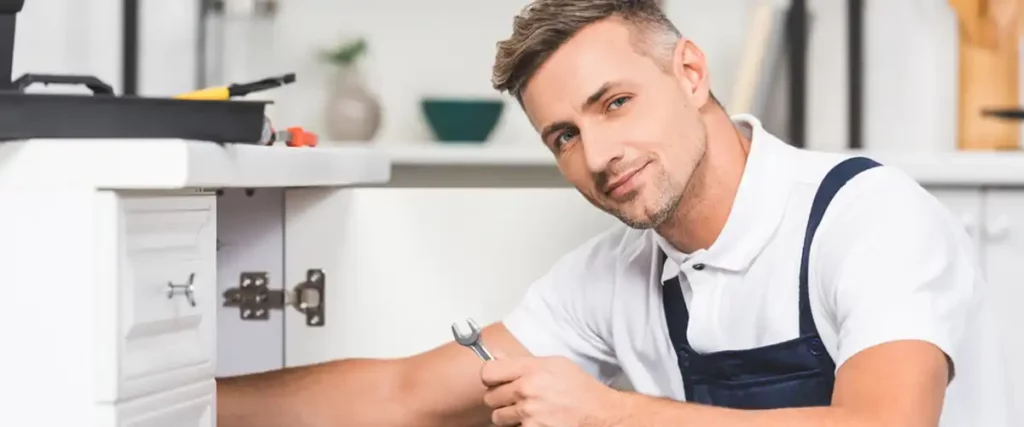
Embrace a Hassle-Free Home!
In summary, mastering plumbing repair empowers you to handle common problems confidently and competently. You may save time and money and avoid additional damage to your house by learning the reasons and treatments for leaking pipes, clogged drains, and low water pressure.
Remember, the right tools, preventive measures, and safety precautions are essential to successful repairs. So, are you ready to take charge of your plumbing destiny? Equip yourself with the knowledge and tools to keep your plumbing system running smoothly.
